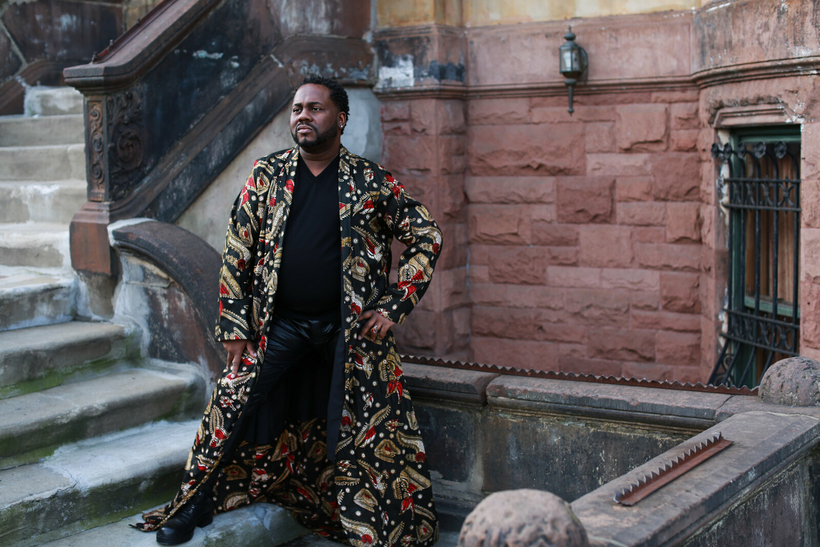What’s next for opera? The question was blowing in the wind long before the pandemic, but pressure-cooker self-help in lockdown has expanded the creative menu quite a bit. Who’s to say which options are here to stay now that we’re bursting our Covid bubbles to zoom (not Zoom) into actual theaters (remember theaters?)? One thing’s for sure. The C-change, however it plays out, is here to stay.
On Site Opera, dedicated to “the immersive and site-specific experience,” closes out a year of some of the more radical pandemic experiments with The Road We Came: Three Musical Walking Tours Exploring African Americans and Black Music History in New York City. The app-based itineraries take in Lower Manhattan (including the African Burial Ground National Monument), Midtown (from Hell’s Kitchen to the Metropolitan Opera and Carnegie Hall), and Harlem (cradle of that creative explosion known as a renaissance). Pop in your earbuds and let the map guide you from landmark to landmark for nutshell commentaries and interludes of song. The playlist, perhaps two dozen songs in all, ranges from art songs and spirituals to show tunes and pop.

The project historian is Eric K. Washington, who mutes the fire and brimstone to let the record speak for itself. No matter who you are, Washington is apt to deepen your dismay at the systemic discouragement that has long plagued Black musicians. But then, to cheer you up, Washington introduces visionaries and pioneers (not all of them Black) who have helped right the balance.
The musical component falls to Kenneth Overton, acclaimed as Gershwin’s Porgy from Berlin to Cape Town by way of Mexico City. Decked out in vibrant African patterns, he projects his powerful but malleable baritone into the empty Manhattan streets as if into his personal open-air opera house. Understandably if unfortunately, his capable, hard-working pianist Kevin J. Miller never appears. Only rarely do the filmmakers Ryan and Tonya McKinny break focus from the present to recall the past, but when they do, it counts. Watch for Langston Hughes reveling in Harlem, or for Marian Anderson onstage at Carnegie Hall (while Overton sings Richard Strauss out on the corner). The climax—epic in impact—comes with a clip of the Silent Protest Parade of 1917, flowing down Fifth Avenue past the future site of Trump Tower. One hundred years and counting, the march goes on, silent no more.
The tours comprising The Road We Came may be booked individually or as a bundle. In the field, each clocks in at about 1.5 to 2 hours. If you’re out of town or short on time, take the virtual option at about a half-hour per tour. For further details, visit the company Web site
Matthew Gurewitsch writes about opera and classical music for AIR MAIL. He lives in Hawaii

